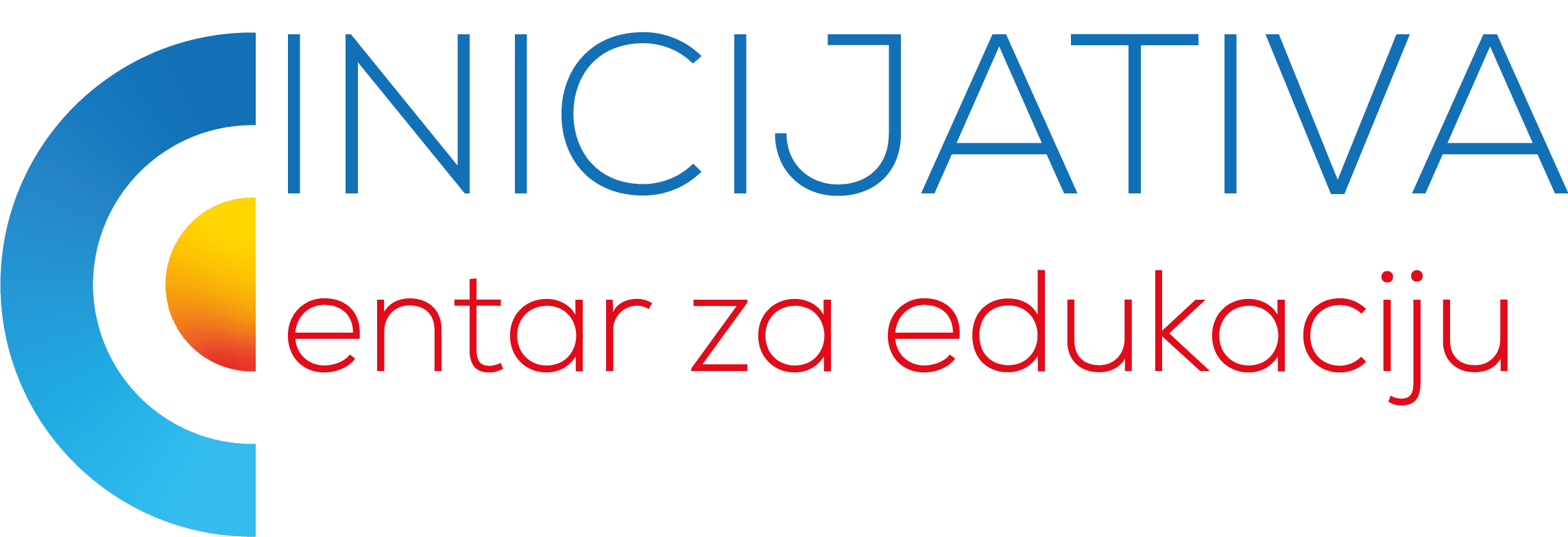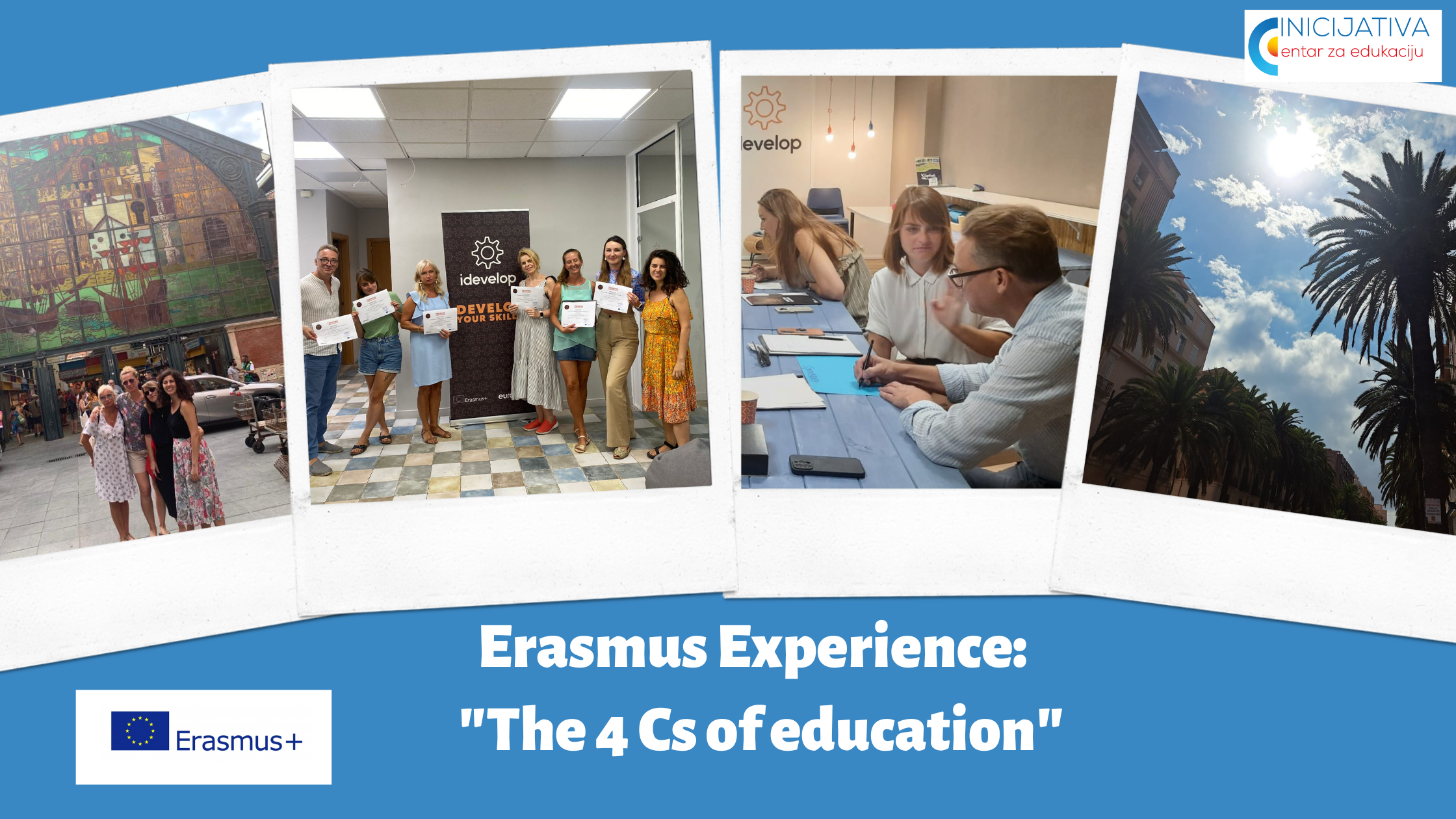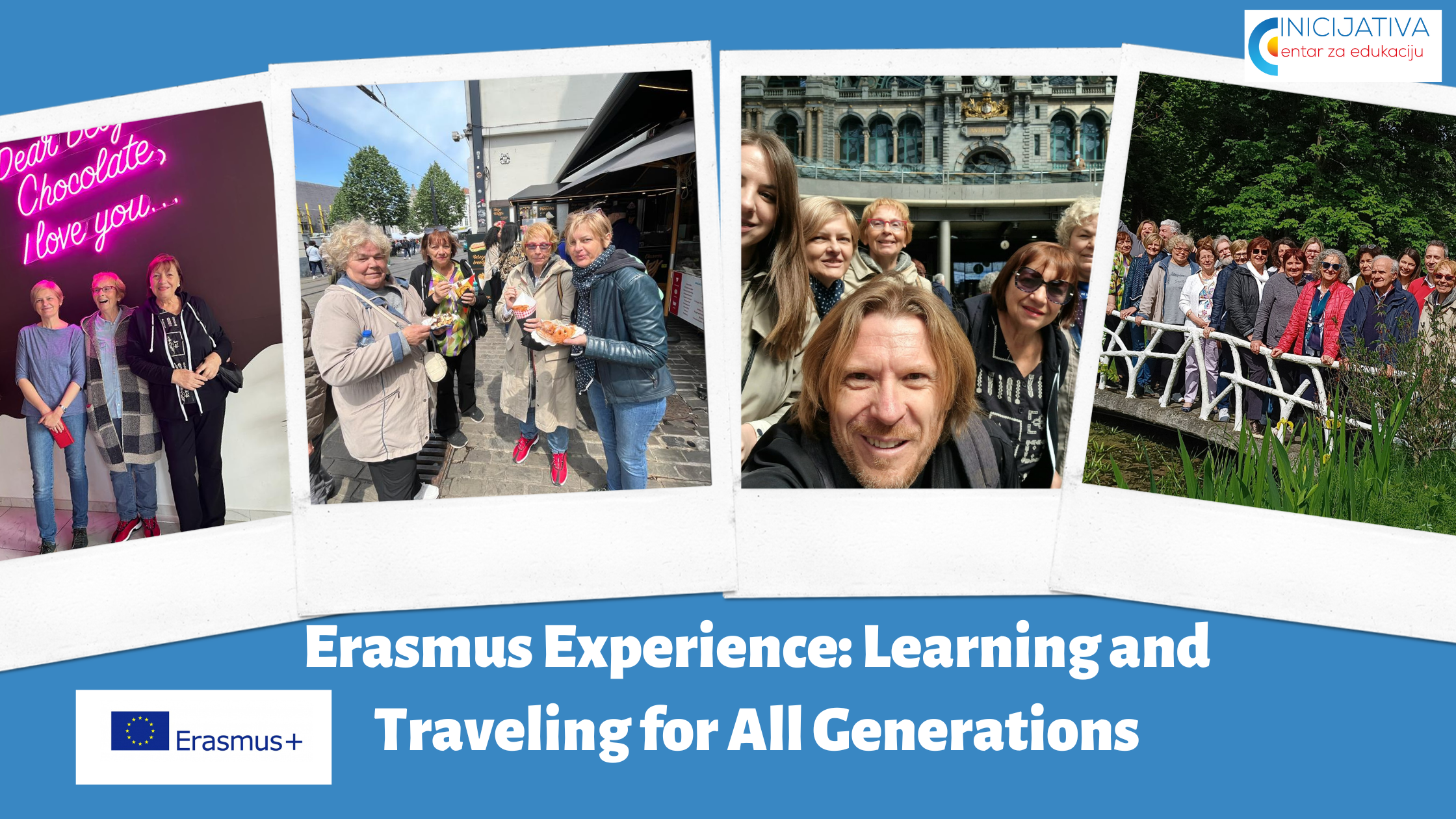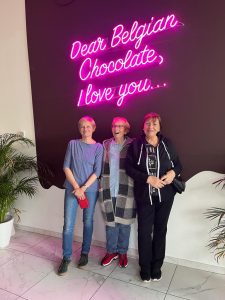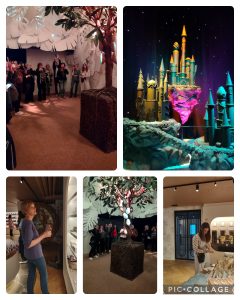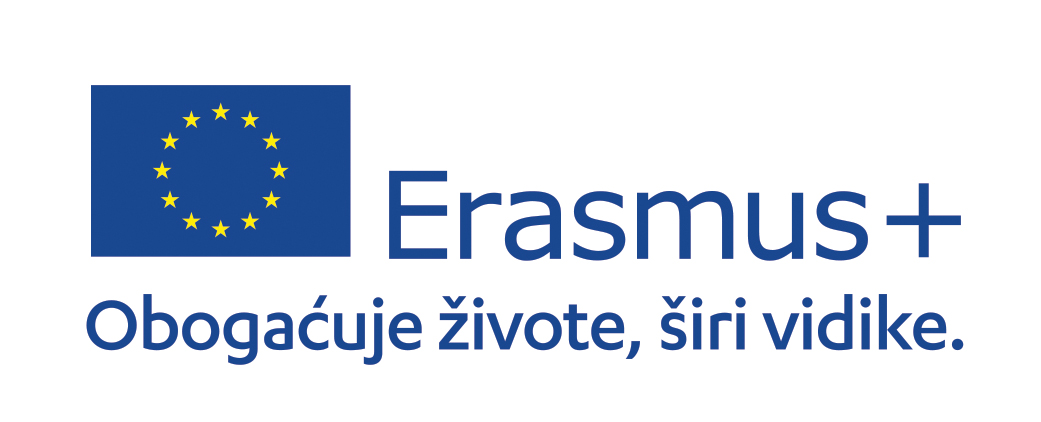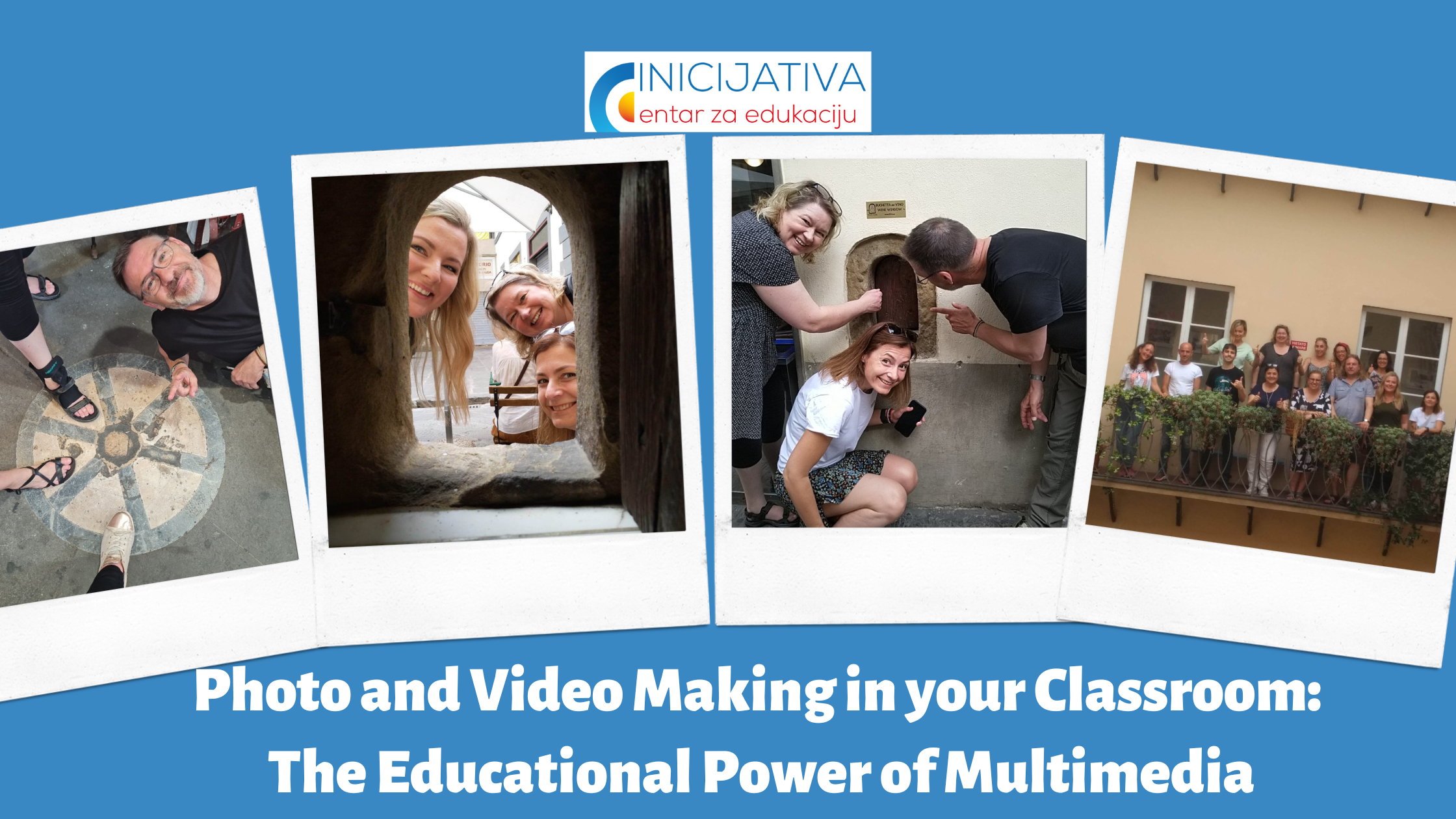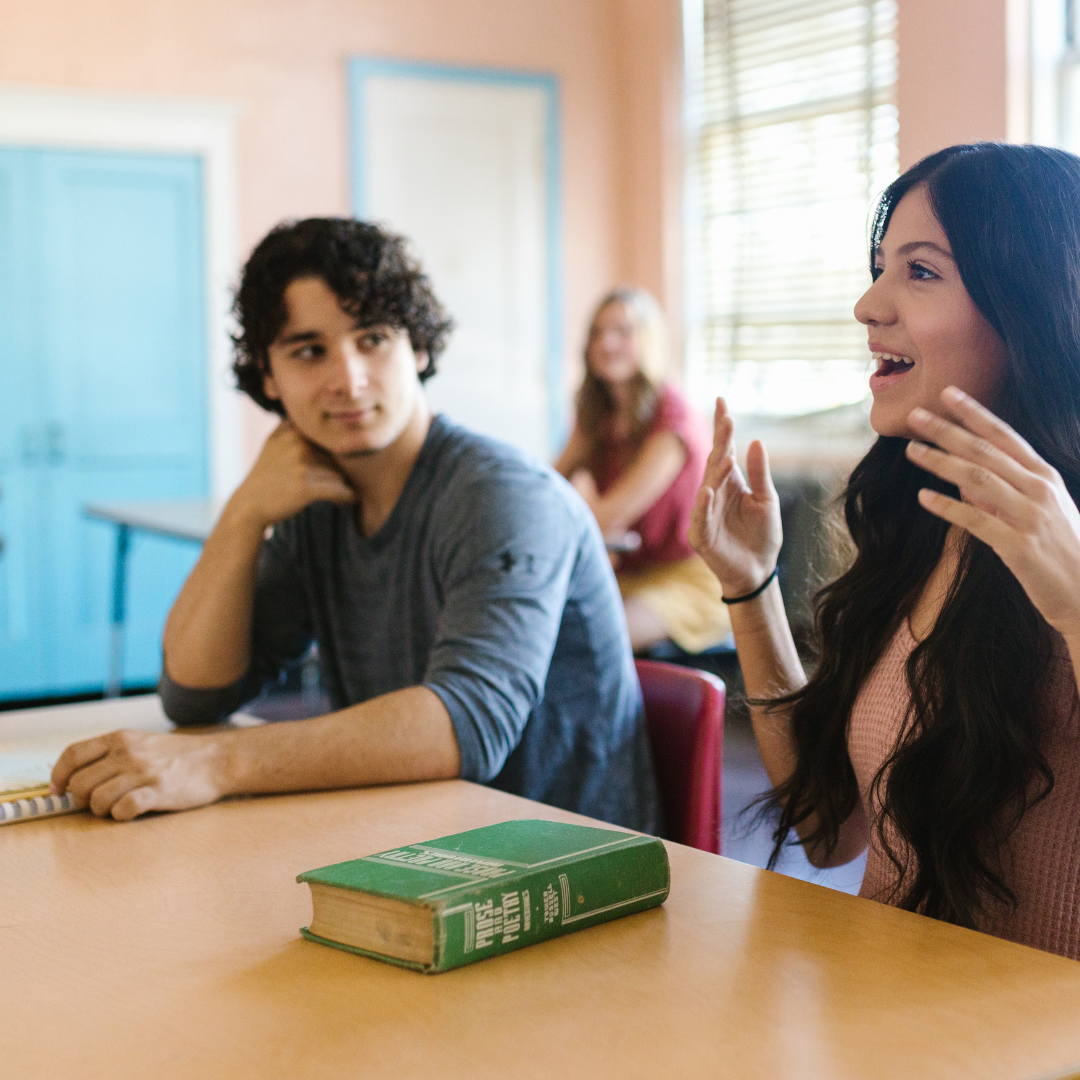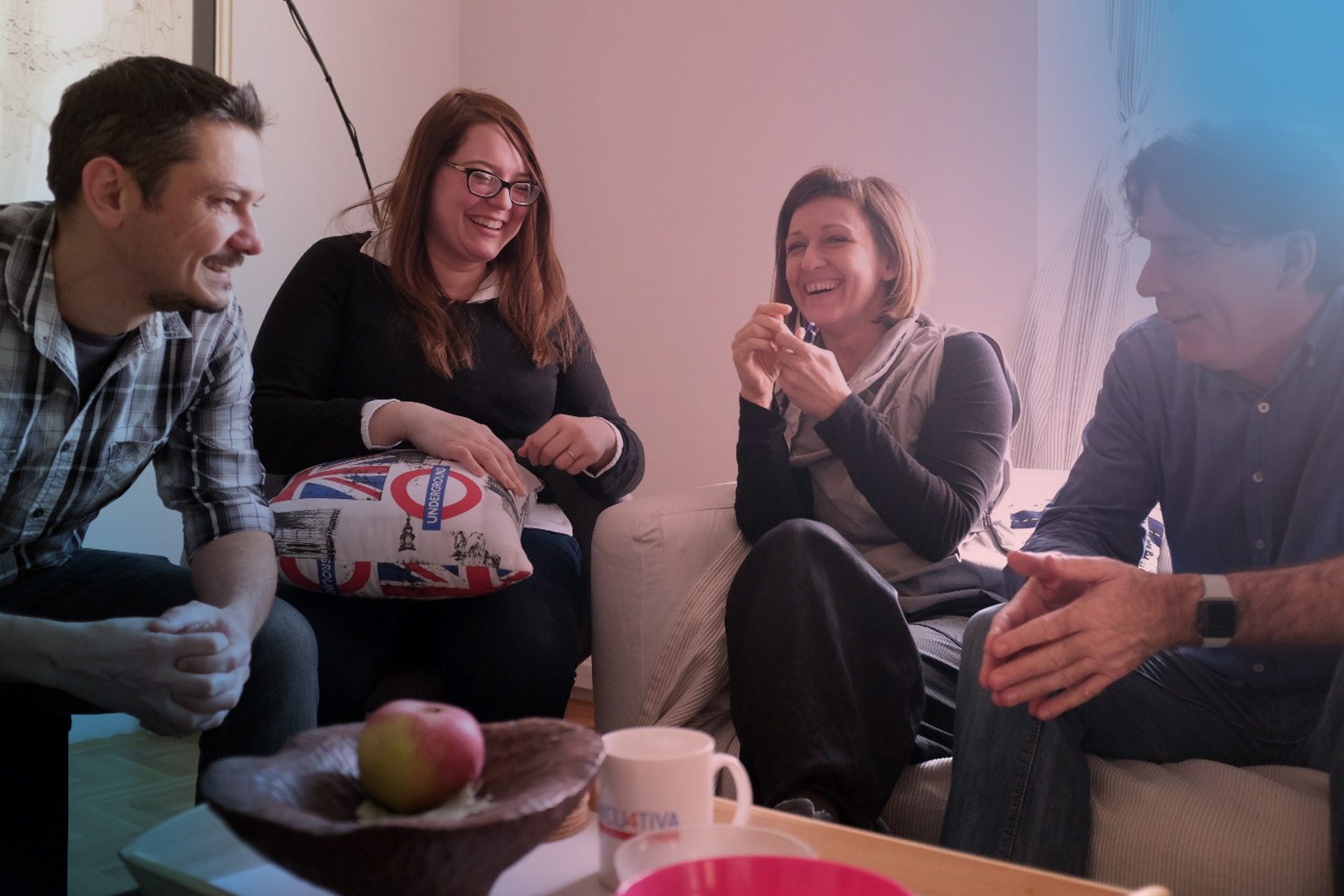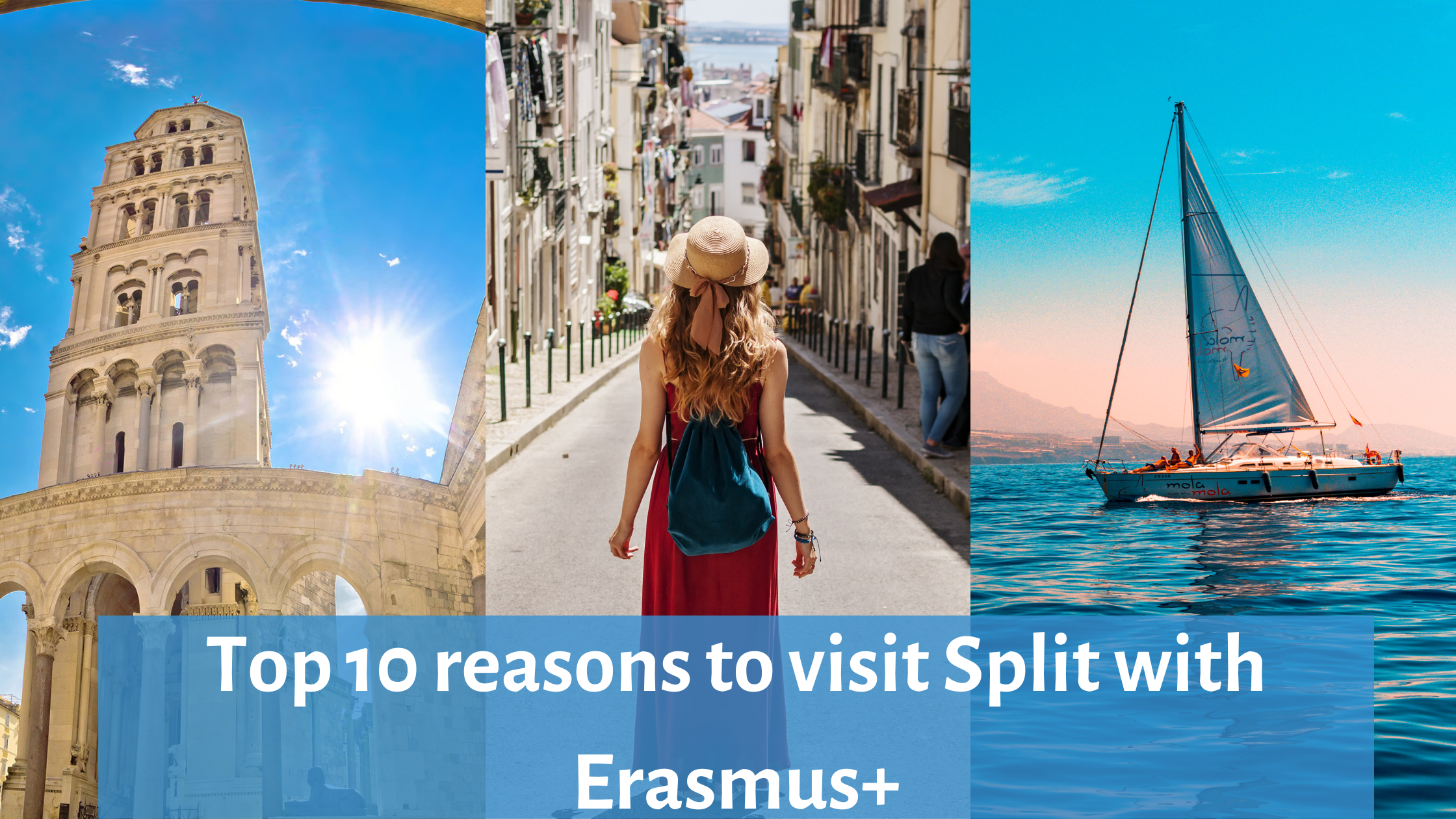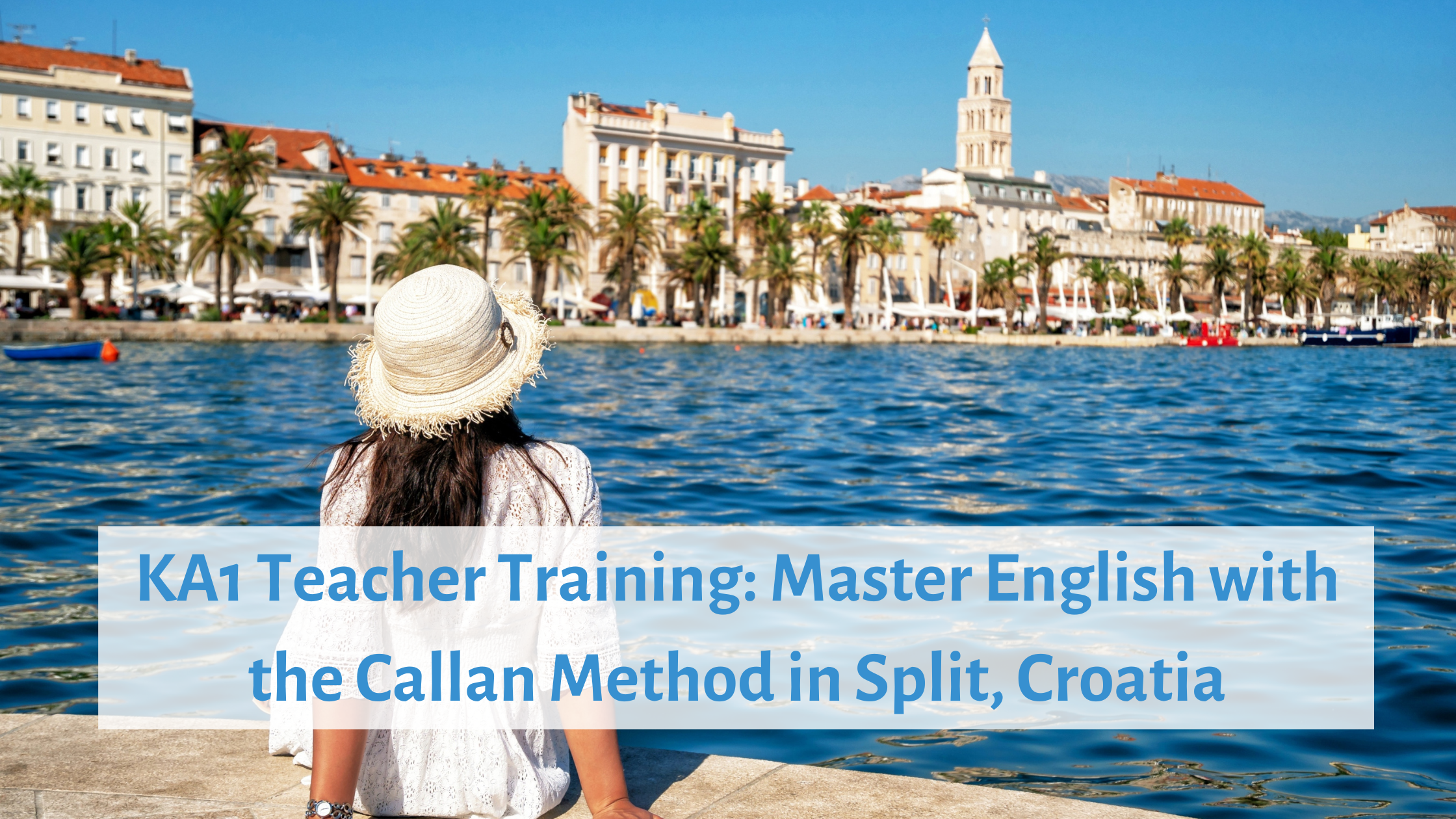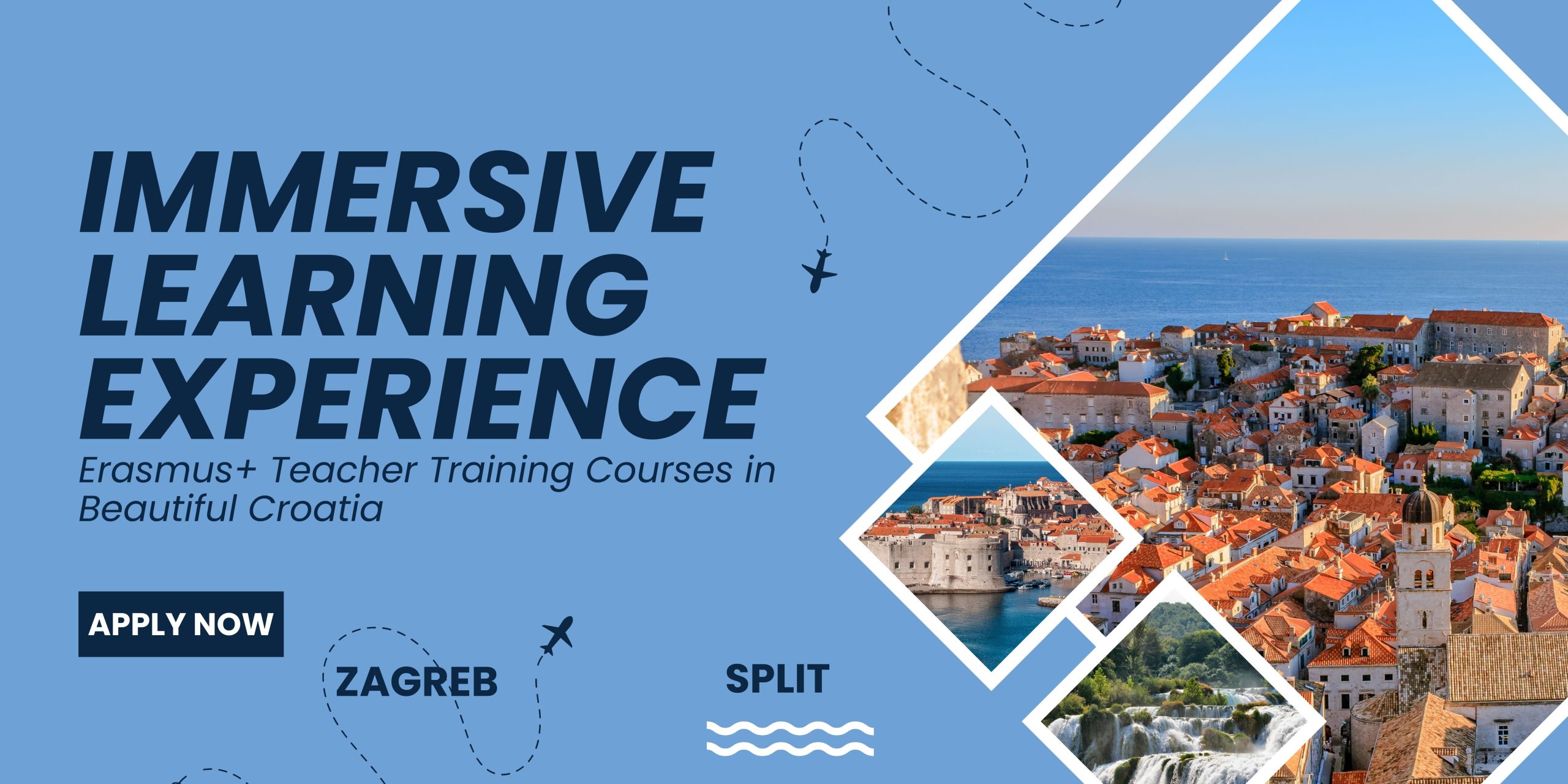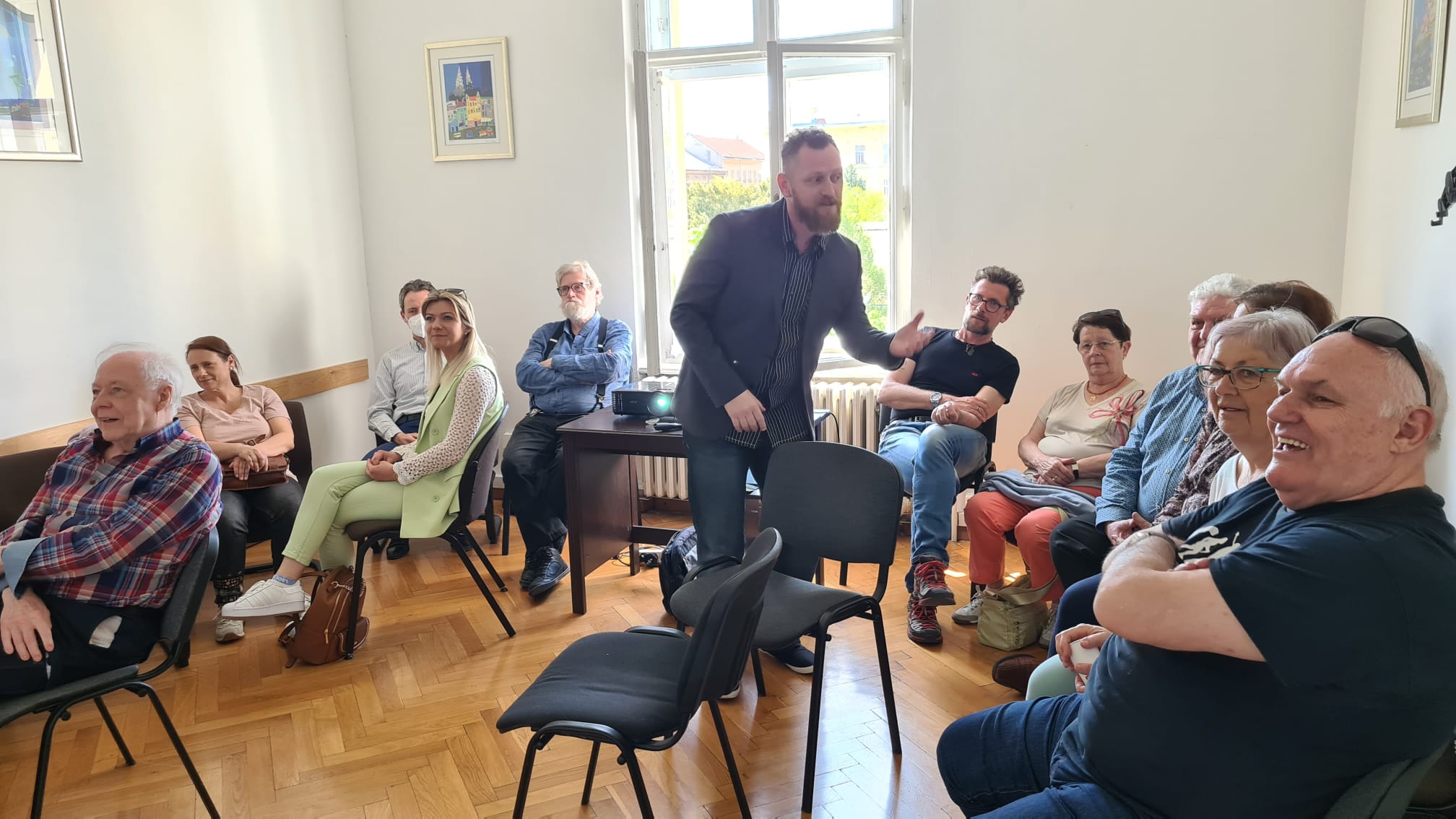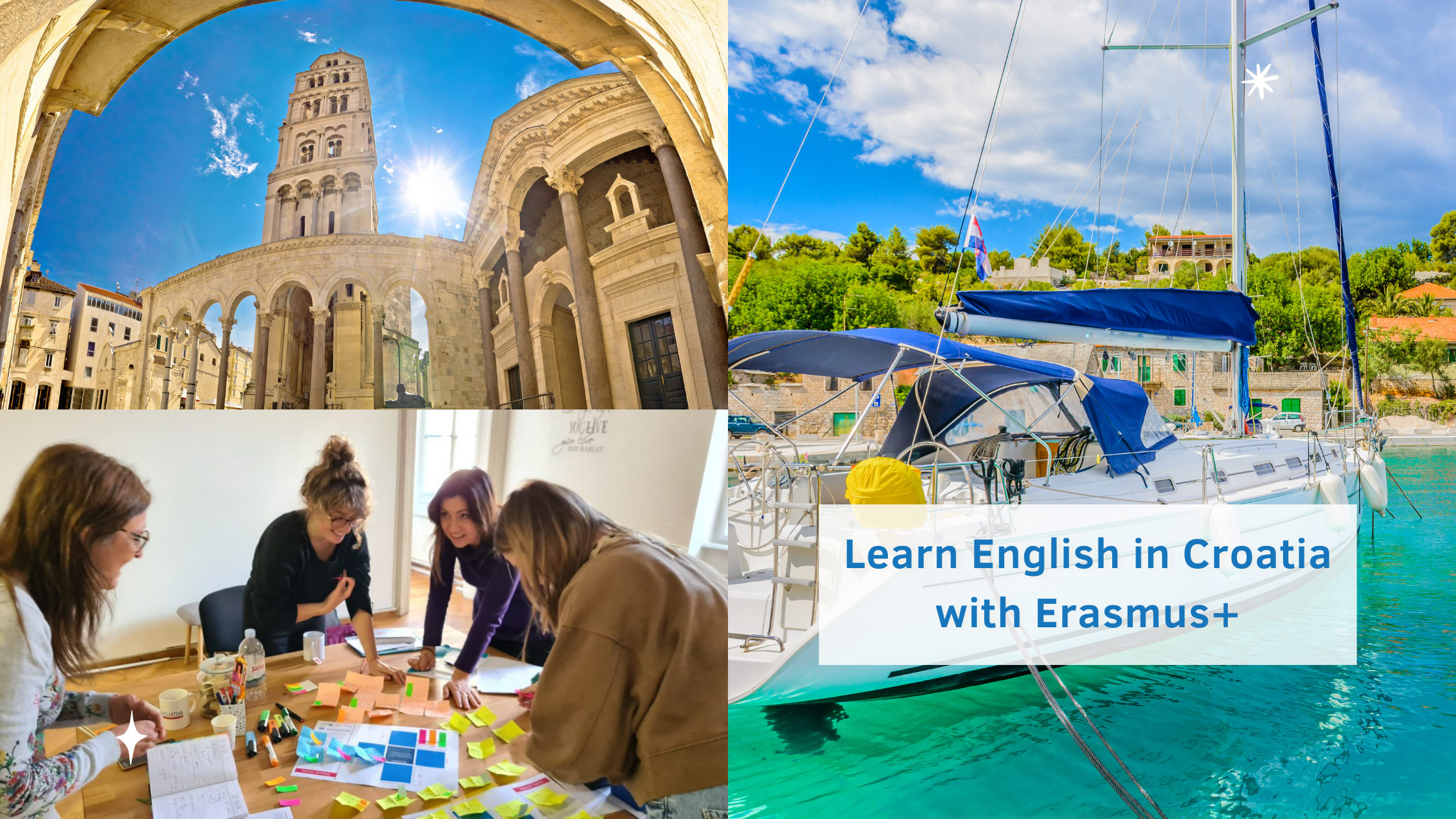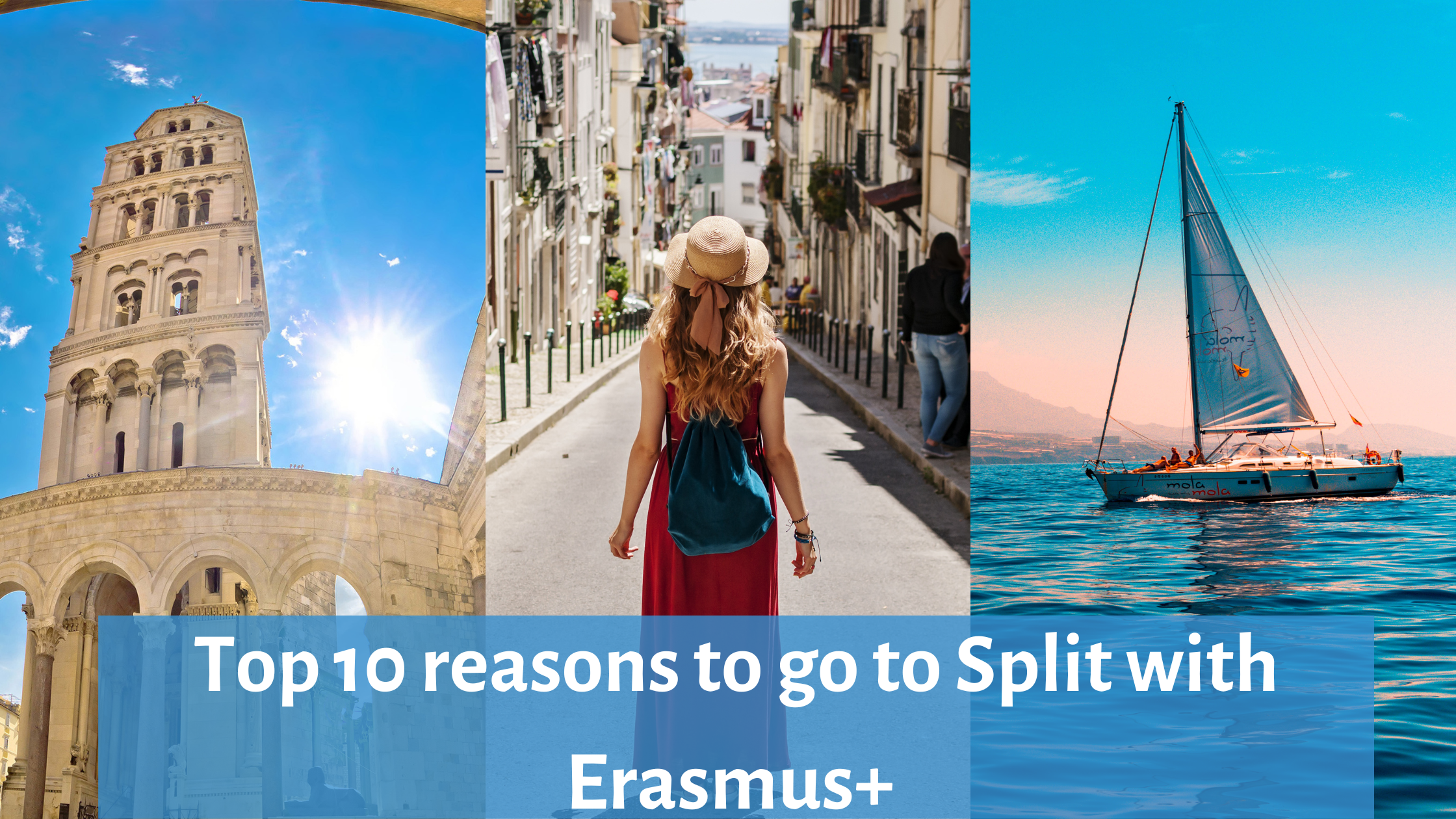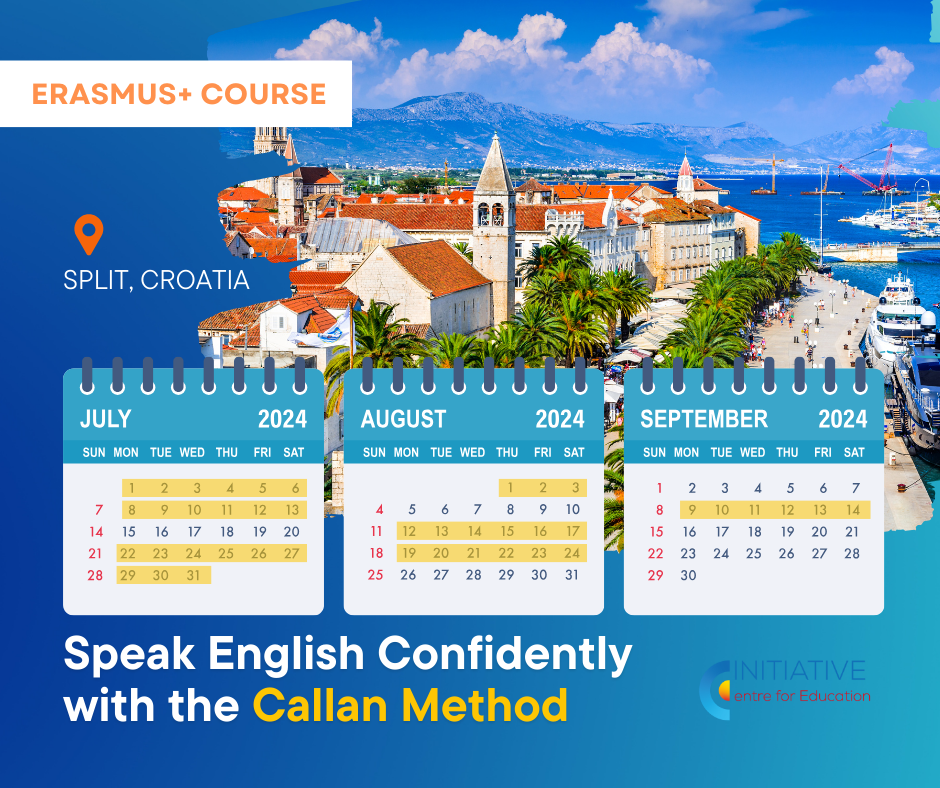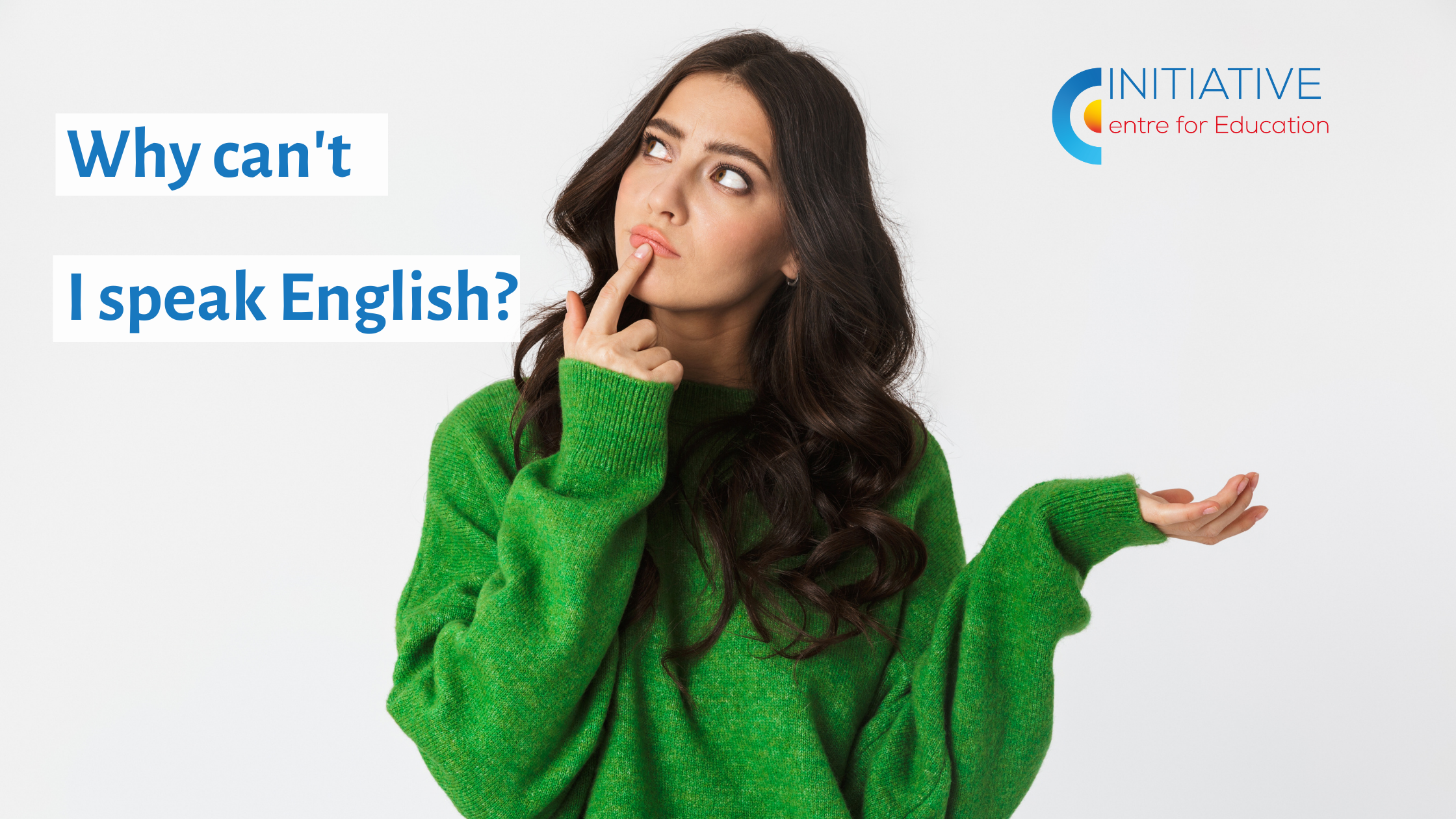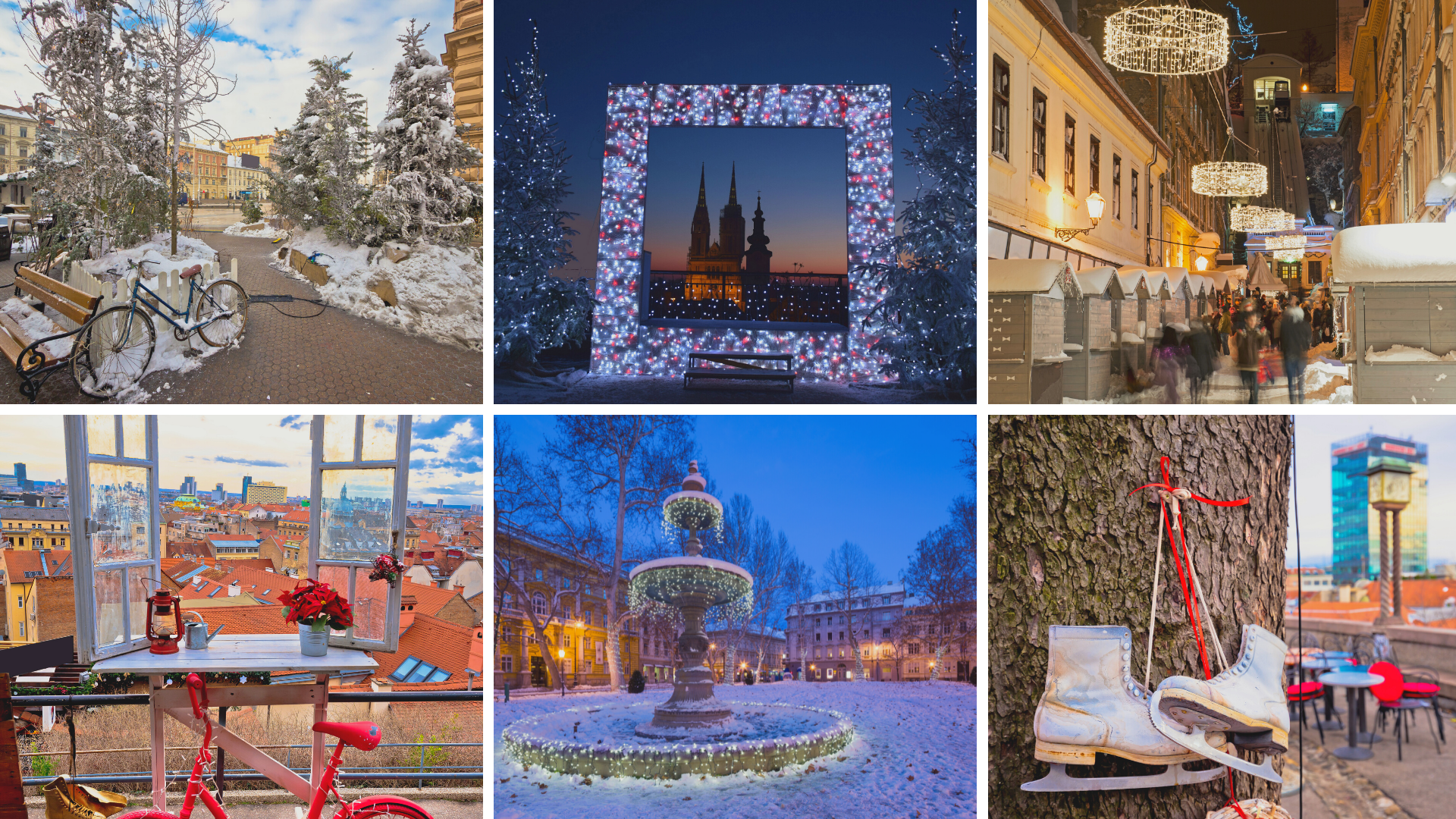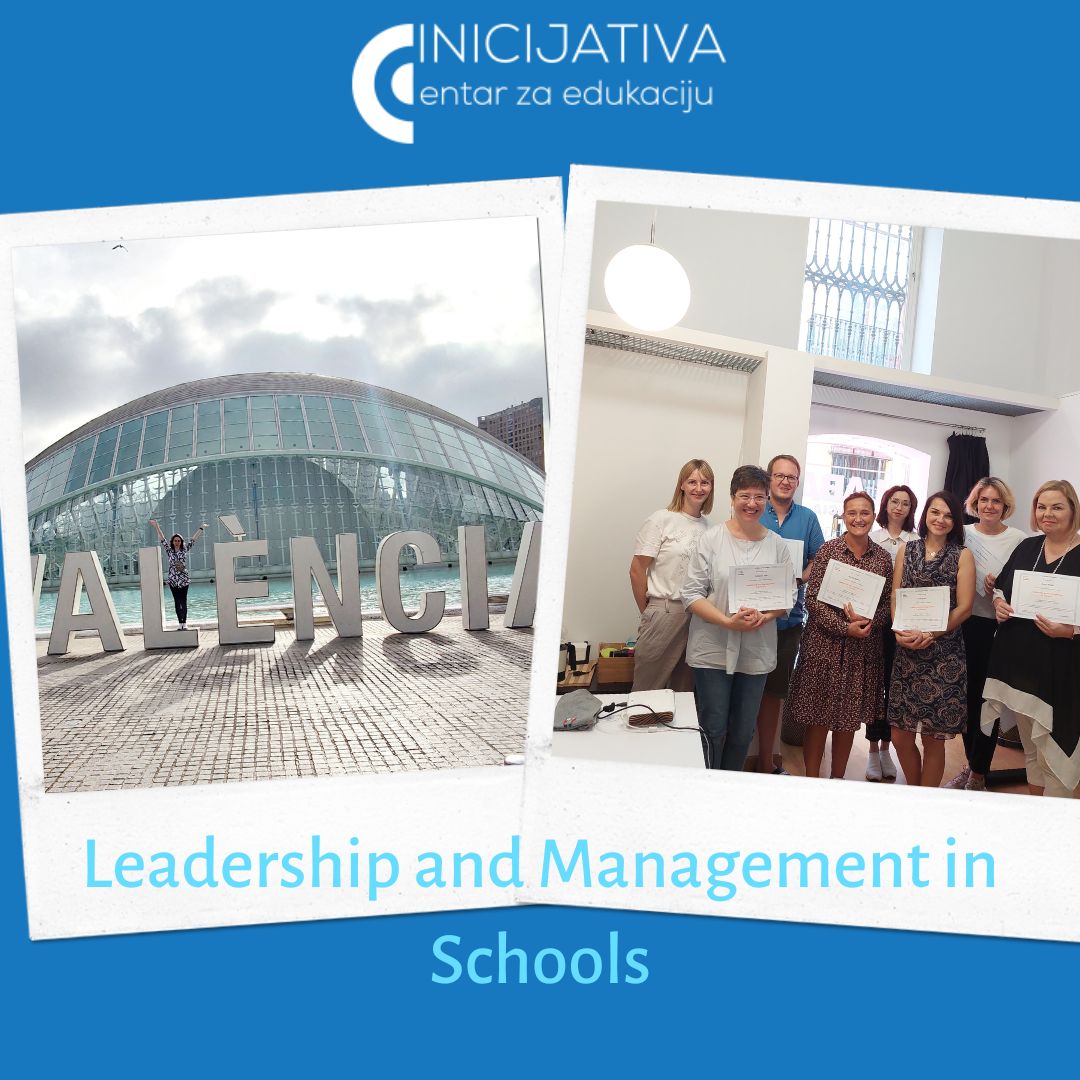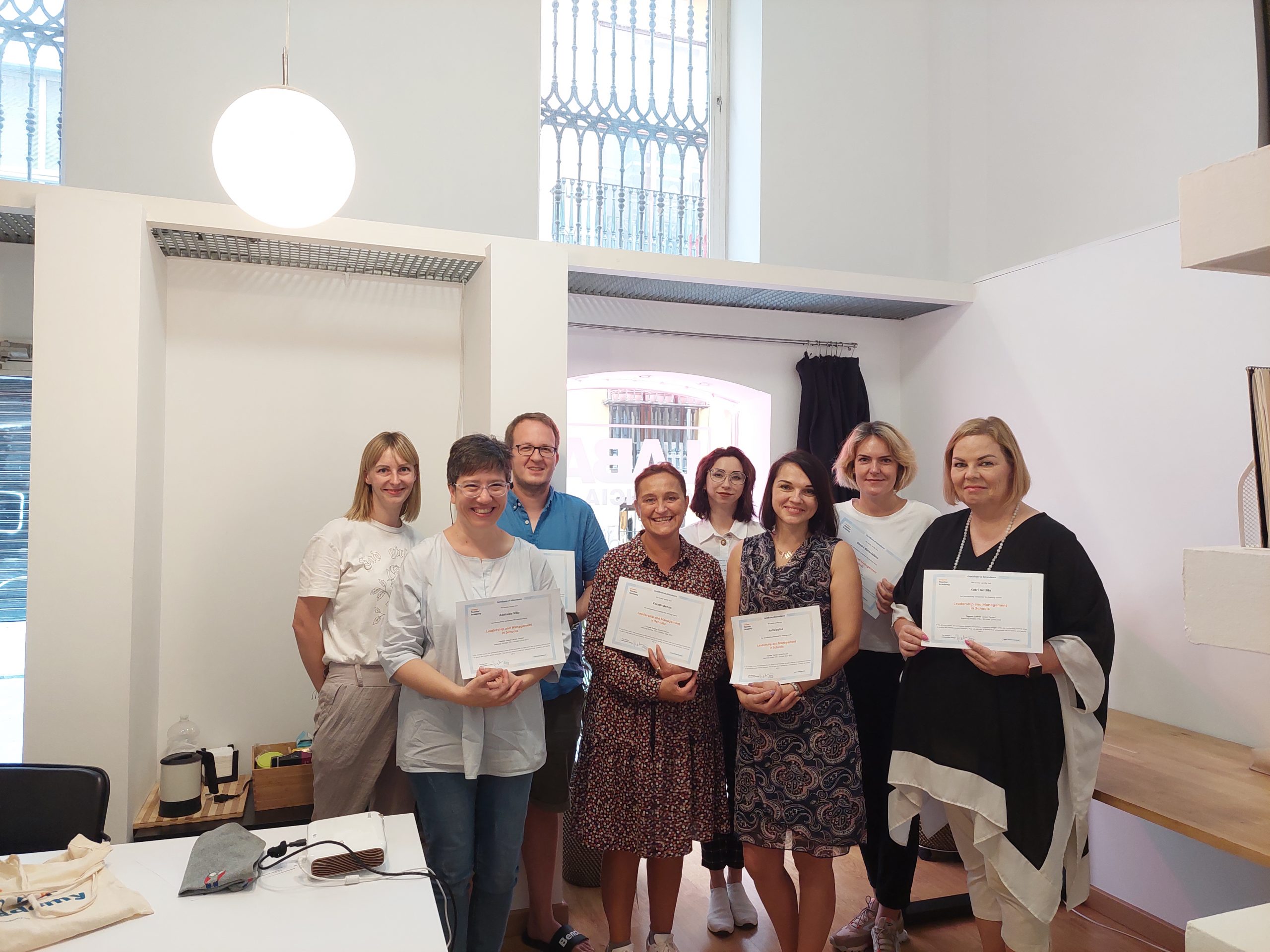The 4 Cs: More Than Just Buzzwords
I recently returned home from a rich educational journey that I'm certain will have a lasting impact on my further work and personal development. The course, aptly named "The 4 Cs," delved deep into the essential pillars of Communication, Collaboration, Creativity, and Critical Thinking. Generously funded by the Erasmus+ initiative, these aren't merely trendy buzzwords but foundational life skills that are universally beneficial. This Erasmus+ adventure was a deep dive into skills that are not just theoretical but highly applicable in everyday life.
An Erasmus+ Adventure in Malaga: Where Learning Meets Personal Connection
I was fortunate to spend an enriching six days in the picturesque city of Malaga, situated in the heart of Spain's Andalusian region. Orchestrated by the highly competent Idevelop team based in Seville, this Erasmus+ adventure was nothing short of exceptional. Our trainer was not just an expert in the subject matter but also had an uncanny ability to connect with us on a personal level. Given that we were a compact group, the entire learning experience felt incredibly tailored, intimate, and personalized. We engaged in a series of thought-provoking exercises and meaningful discussions, with a special emphasis on honing our critical thinking abilities and mastering the art of non-violent communication. This Erasmus+ adventure was a catalyst for both professional and personal transformation.
Practical Application: The Real-World Impact
What set this course apart was its practical orientation. It wasn't just a theoretical exercise; we had ample opportunities to apply these invaluable skills in real-world teaching and learning facilitation scenarios. The course also served as a reflective mirror, prompting me to introspect about my limitations and biases. Confronting these aspects of oneself is never comfortable, but it's an essential step in personal growth and self-improvement.
Exploring Malaga: The Cultural Bonus of My Erasmus+ Adventure
When the academic day came to a close, Malaga offered its own set of unforgettable experiences. The city is a treasure trove of historical landmarks, ranging from the majestic Alcazaba Fort to the enlightening Picasso Museum. Exploring Malaga is akin to stepping into a vivid, interactive history lesson. And let's not forget the culinary delights! The local cuisine was a gastronomic adventure featuring almonds, olives, avocados, and an array of aromatic Spanish spices.
Conclusion:
In summary, this Erasmus+ adventure is a must-attend for anyone who interacts with a diverse student body and aims to elevate their pedagogy and effective communication skills. When you combine that educational richness with Spain's cultural and scenic beauty, the result is far more than just an instructional course. It transforms into a life-altering Erasmus+ adventure that will undoubtedly influence both my future professional endeavors and personal growth.
Dženana Kalamujić
This project was co-funded by the Erasmus+ programme.
Erasmus+ enriching lives, broadening minds.
@Agencija za mobilnost

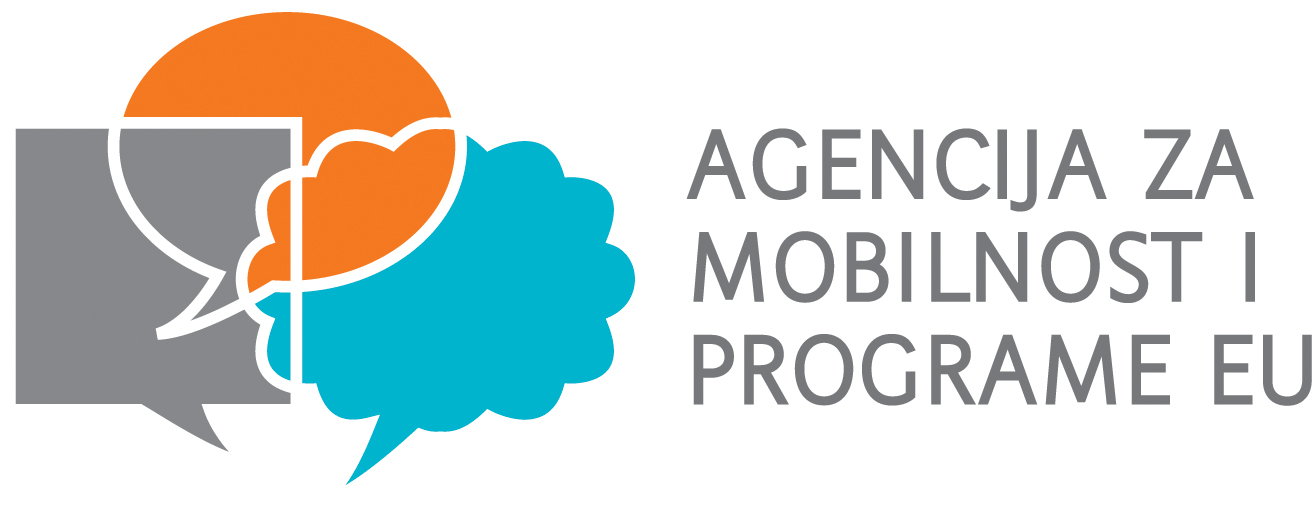
Dowload our new eBook: 10 Tips for a successful KA1 Erasmus+ experience
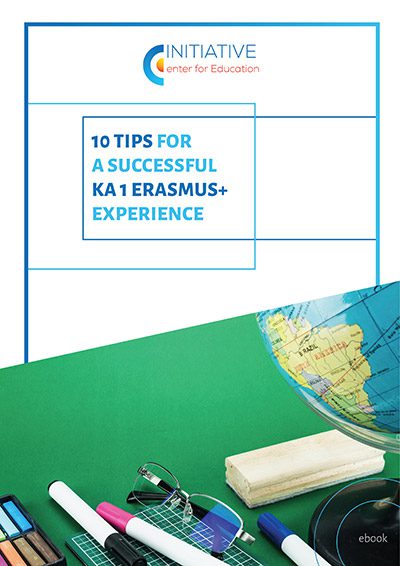
By signing up you accept our Terms of Use
